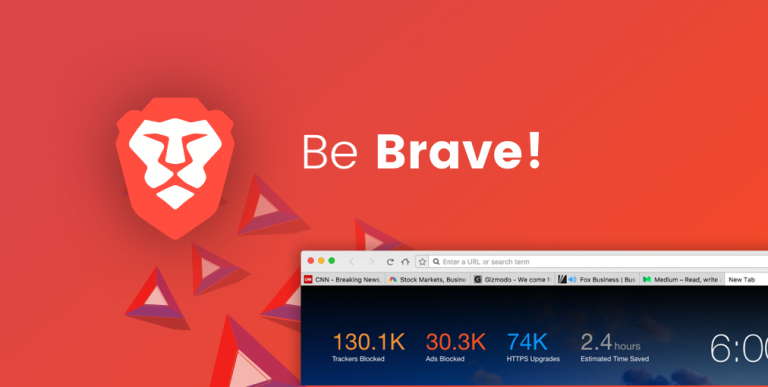


This is because of how browsers manage first-party storage. Unfortunately, Web browsers make this kind of privacy very difficult. Khen doesn’t want the email provider to know both accounts are owned by the same person. Brave already provides best-in-class protections against third-party tracking Forgetful Browsing is one of several upcoming features in Brave that will provide similarly robust protections against first-party tracking.īrowsers provide some tools to help users prevent unwanted first-party reidentification, but these tools are clumsy, inconvenient, and scoped either too broadly or too narrowly, all of which invite unwanted–and irreversible–reidentification.Ĭonsider this scenario: Khen has two email accounts, and both of which Khen accesses through his Web browser. Browsers lack good protections against unwanted first-party reidentificationīrowsers are getting better at protecting users against third-party tracking, but generally do a poor job of protecting against unwanted first-party identification. The Forgetful Browsing feature-the next step in Brave’s ongoing project to improve how browsers manage first-party storage-addresses the reidentification problem head-on. This problem is called “unwanted first-party reidentification.” rate limiting or paywalls) and privacy harm (e.g. In this way, all Web browsers get the defaults backwards: they assume you want to be identifiable by every site you visit. Most often, you won’t benefit from being remembered by every news site you read an article on, or every shopping site you briefly browsed, or every image hosting site that showed you a cute cat picture. But such sites are the exception, not the rule.

so you don’t have to log back into your email every day, or so you can easily use a social media account). In some cases, it’s very useful for a site to remember you (e.g. Many privacy problems on the Web have a common root cause: by default, browsers let sites reidentify users indefinitely, but users only benefit from reidentification on a fraction of sites they visit. The Web has the wrong defaults for privacy It’s another example of Brave offering the most powerful privacy features of any popular browser. Generally prevent sites from reidentifying you across visitsįorgetful Browsing is similar to, but more powerful and protective than, popular browsing extensions and private browsing modes.Avoid being rate limited by a site (e.g., “you have X remaining articles to view”).Be automatically logged out of a site when it’s closed.
#Brave browser privacy android#
Starting with desktop version 1.53, and Android version 1.54 1, Brave browsers will include a new feature called “Forgetful Browsing,” which allows users to always clear cookies and other storage when the site is closed.
#Brave browser privacy series#
Forgetful Browsing is the first in a series of upcoming tools Brave has planned to continue protecting Brave users and address first-party reidentification. In response, third-parties are increasingly relying on first-party storage to continue tracking users. Most Web browsers are finally getting serious about limiting third-party tracking on the Web and-while no browser is as aggressive as Brave-third-party trackers are taking notice of the trend. This post describes work done by Staff Engineer Aleksey Khoroshilov and was written by VP of Privacy Engineering Peter Snyder. This is the 25th post in an ongoing, series describing new privacy features in Brave browsers.


 0 kommentar(er)
0 kommentar(er)
